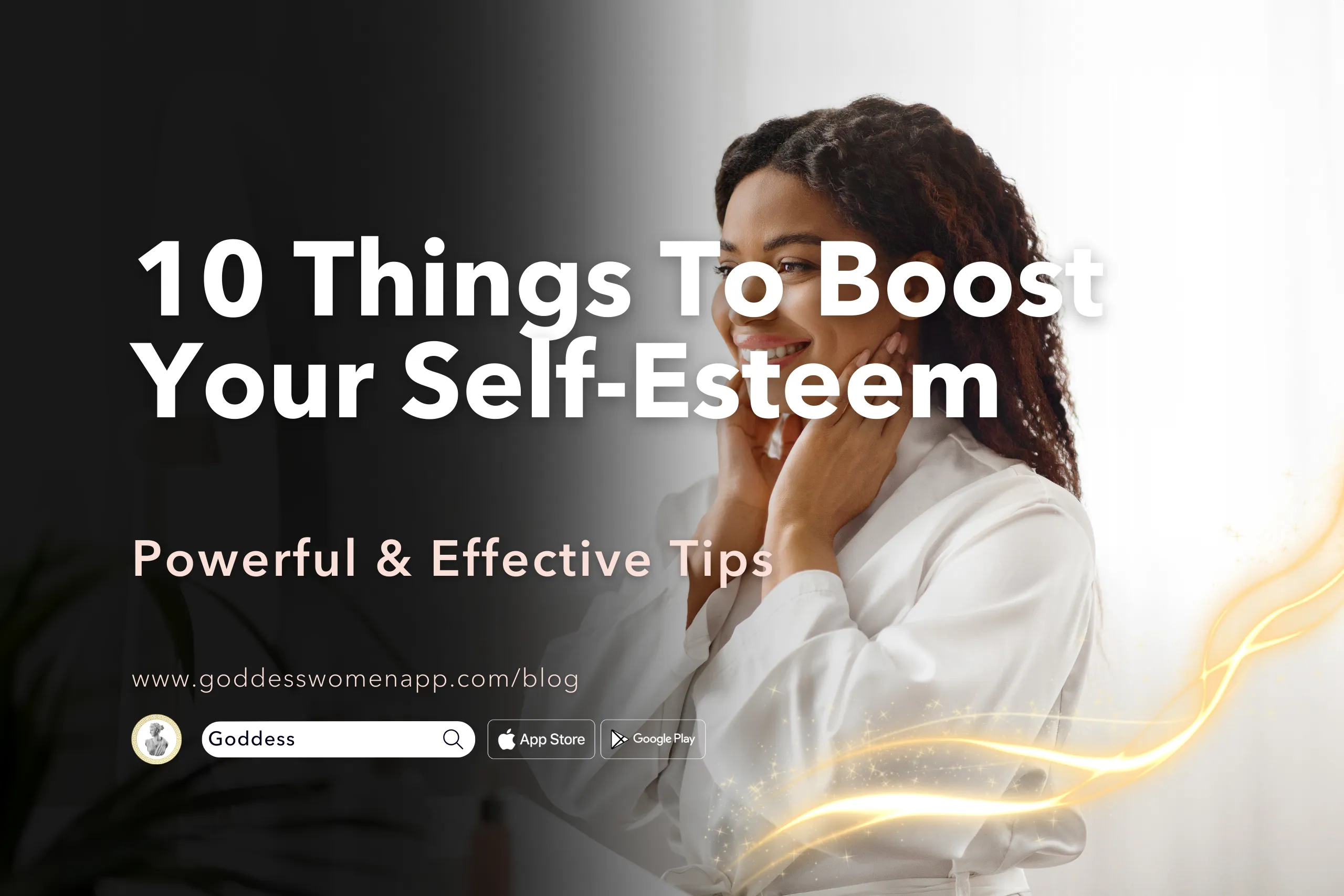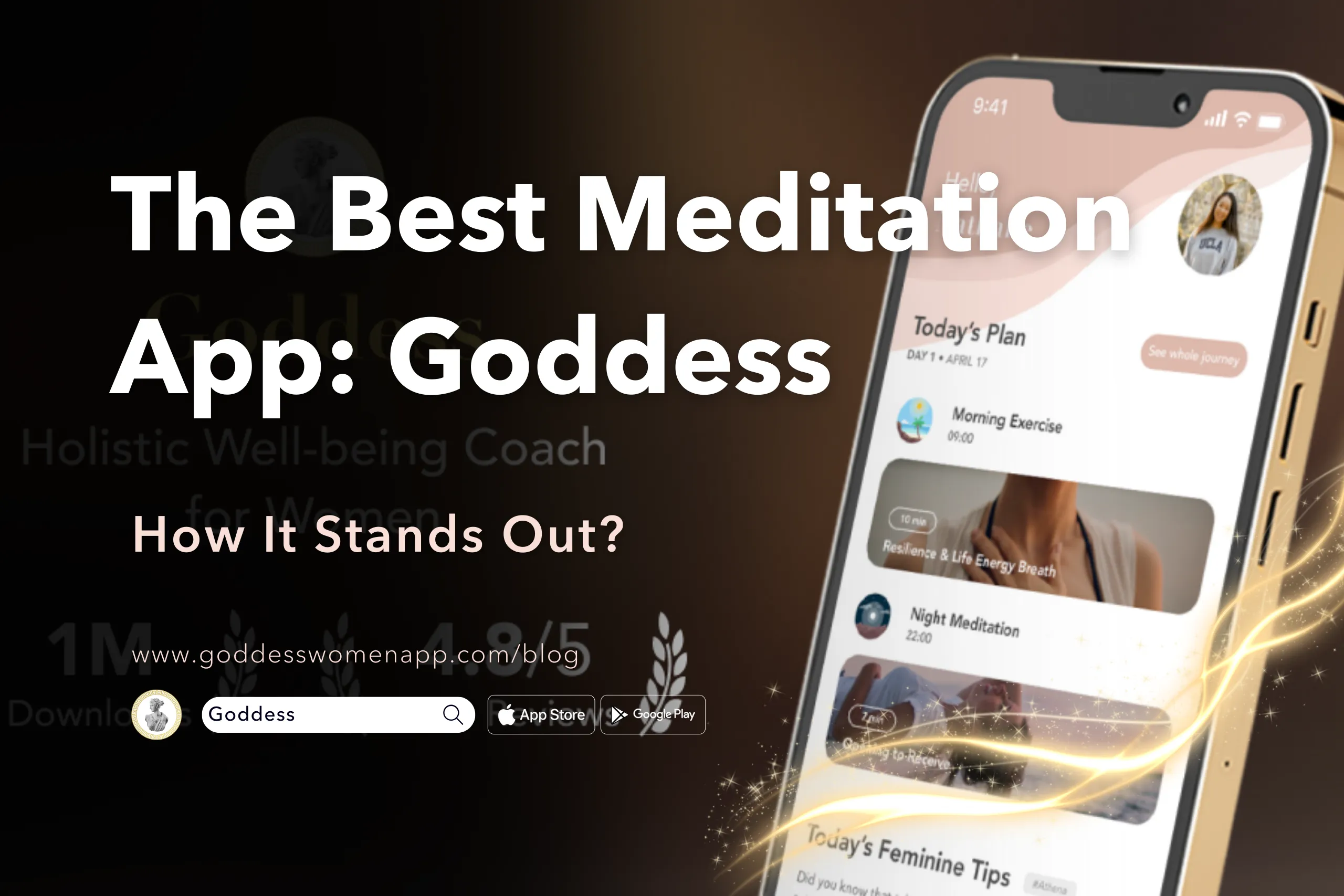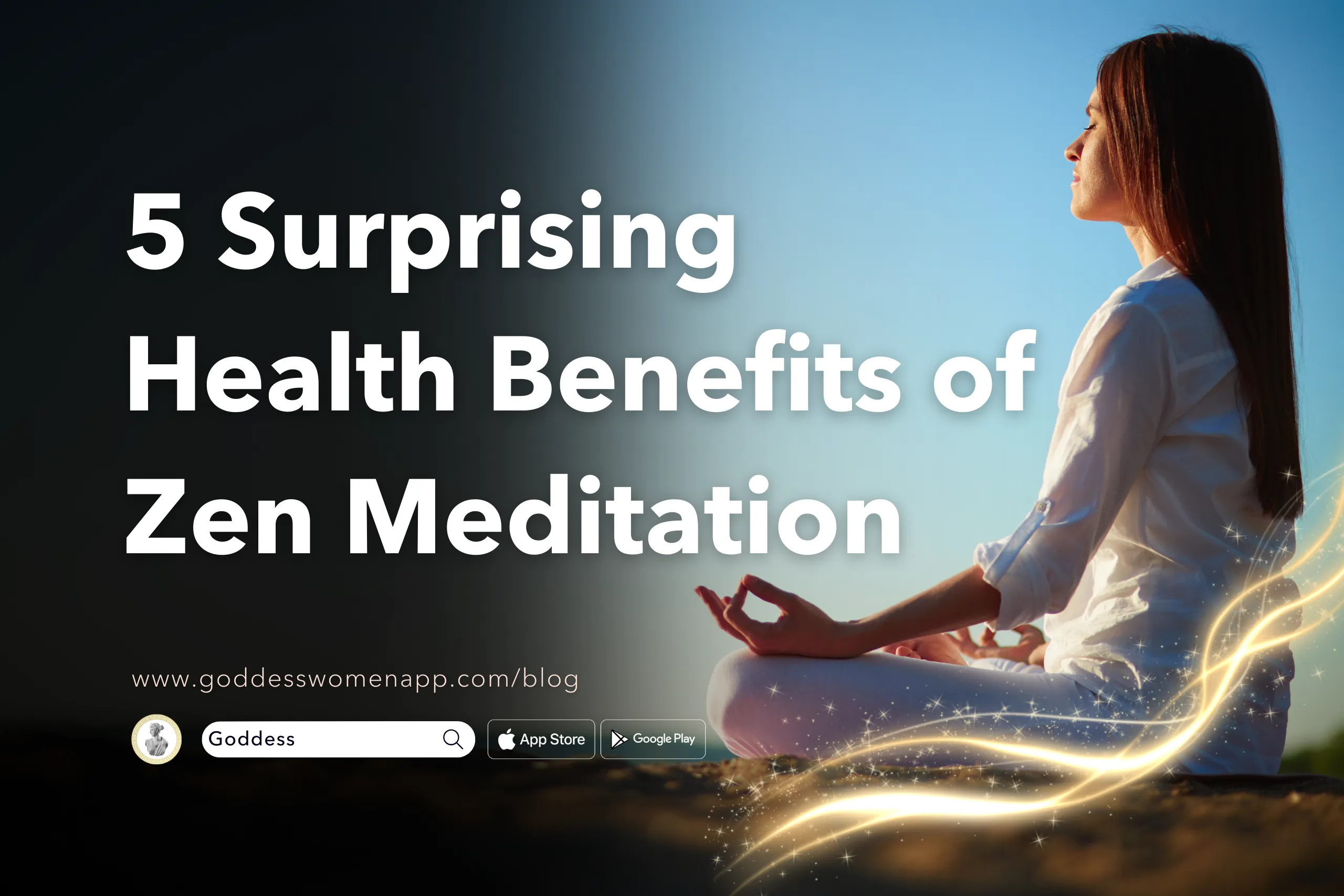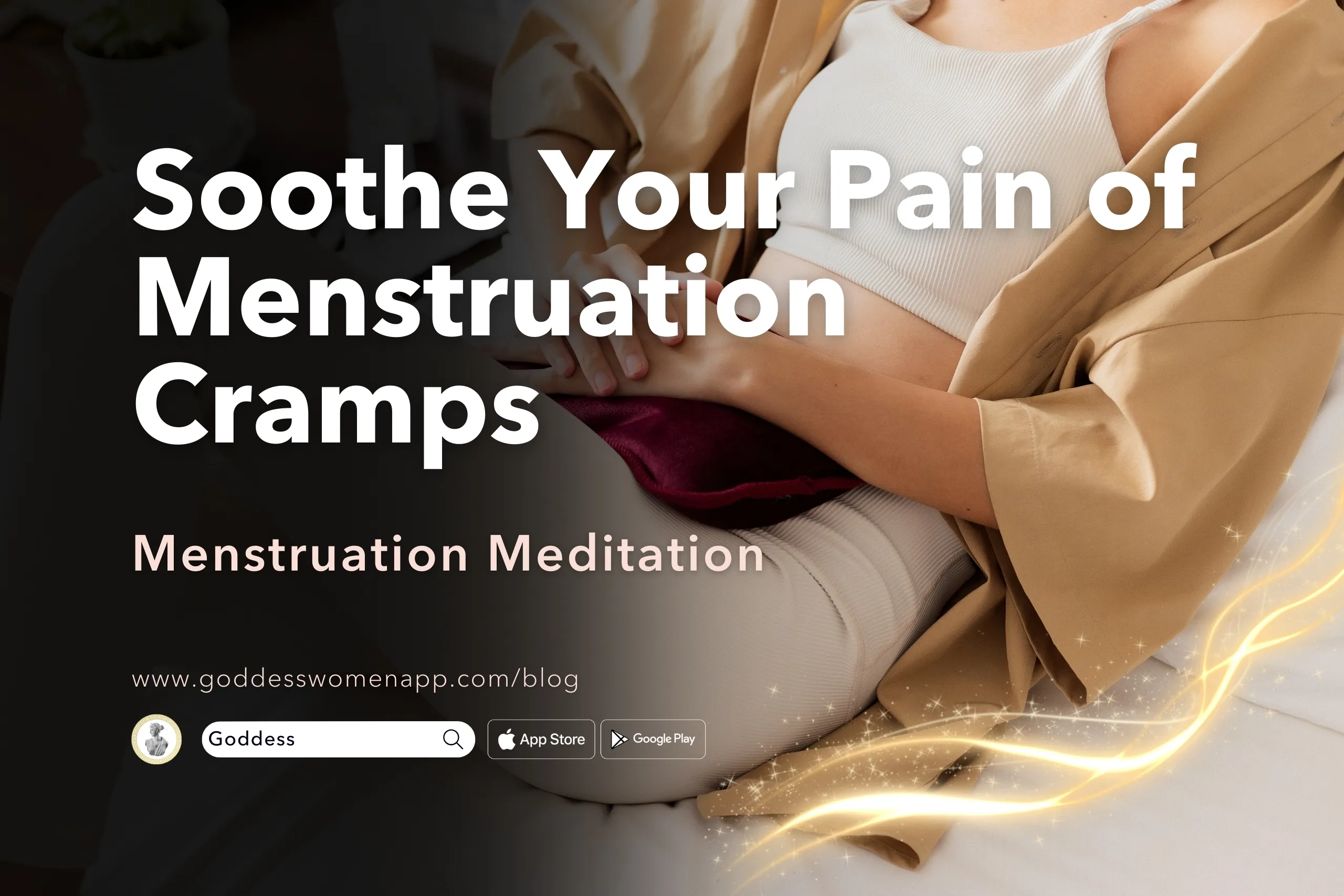Self-esteem plays a crucial role in our lives, influencing everything from how we interact with others to how we perceive ourselves. It affects our choices, our relationships, and even our success. Low self-esteem can lead to a range of negative outcomes, including anxiety, depression, and a diminished quality of life. On the flip side, a healthy self-esteem can boost confidence, improve mental health, and enhance overall well-being. That’s where 10 things to boost your self-esteem comes in.
If you’ve ever struggled with self-doubt or felt that you weren’t good enough, you’re not alone. The good news is that self-esteem isn’t fixed—it can be built and strengthened over time. In this blog, we will explore 10 powerful ways to boost your self-esteem and help you feel more confident and capable. Let’s dive in!
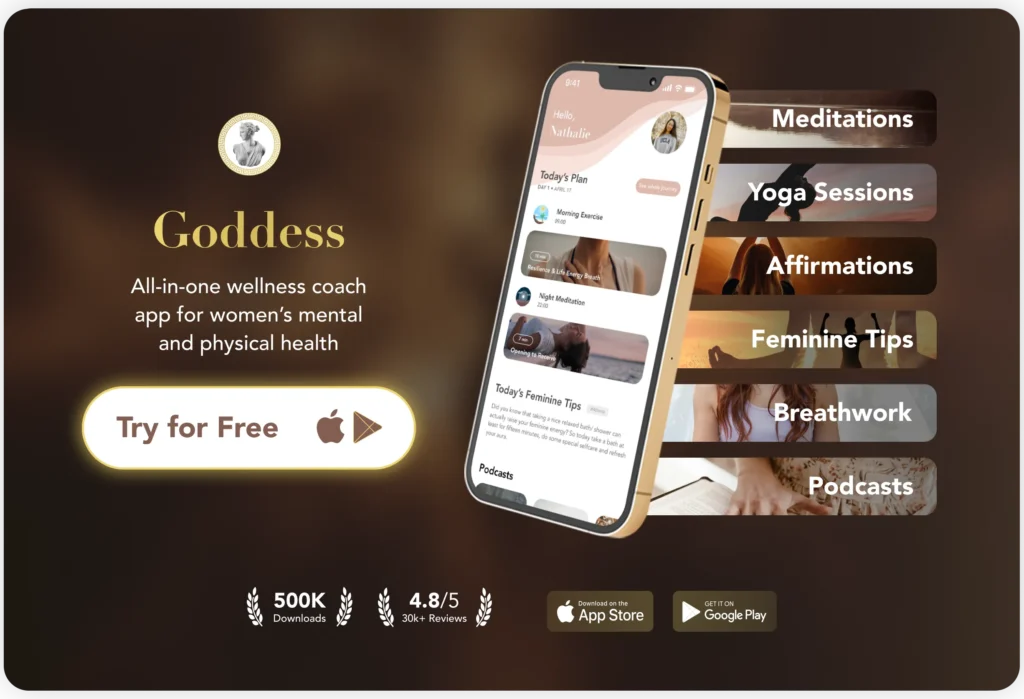
What is Self-Esteem?
Self-esteem is the overall opinion we have of ourselves—how we perceive our worth, abilities, and overall value as a person. It’s shaped by our experiences, relationships, and self-perception. High self-esteem means feeling good about who you are, appreciating your unique qualities, and believing in your ability to handle life’s challenges. On the other hand, low self-esteem involves a negative self-view, self-doubt, and a lack of confidence.
Signs of Low Self-Esteem
How can you tell if you or someone you know has low self-esteem? Here are some common signs:
- Constant self-criticism or negative self-talk
- Difficulty accepting compliments or positive feedback
- Avoiding challenges or opportunities due to fear of failure
- Overwhelming feelings of inadequacy or worthlessness
- Seeking constant validation or approval from others
- Difficulty in setting boundaries or saying “no” to others
Recognizing these signs is the first step in understanding and addressing low self-esteem. Let’s move on to some practical strategies to help you build a healthier sense of self.
10 Things to Boost Your Self-Esteem
1. Practice Self-Compassion
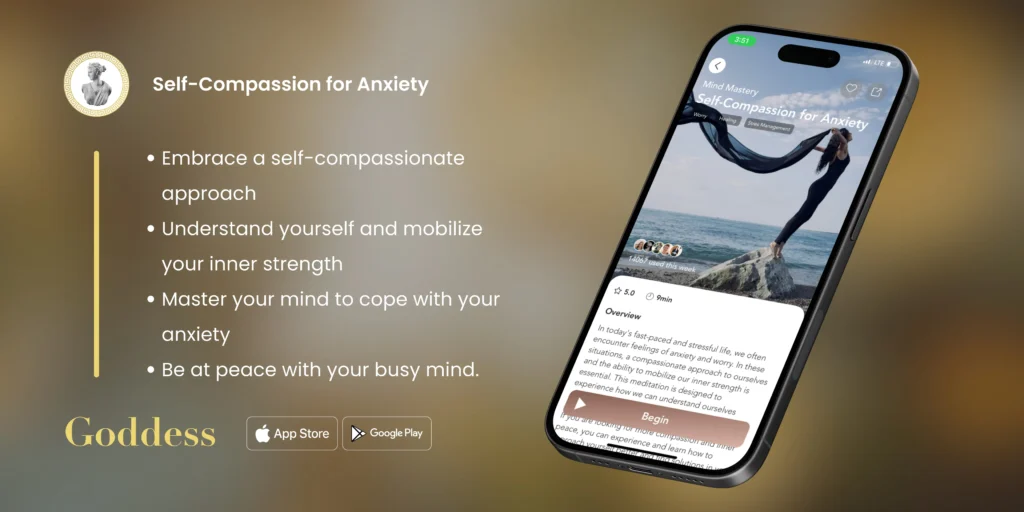
One of the most important steps to boosting self-esteem is practicing self-compassion. This involves treating yourself with the same kindness, care, and understanding that you would offer to a friend. Instead of beating yourself up over mistakes or perceived shortcomings, try to be more forgiving and gentle with yourself.
How to Practice Self-Compassion:
- Acknowledge Your Feelings: Recognize when you’re being hard on yourself and pause. Take a deep breath and allow yourself to feel whatever emotions arise.
- Reframe Your Inner Dialogue: Replace self-critical thoughts with more supportive and encouraging ones. For example, instead of saying, “I’m such a failure,” try saying, “I’m doing my best, and that’s enough.”
- Practice Loving-Kindness Meditation: This form of meditation focuses on sending kindness and goodwill to yourself and others. It’s a great way to cultivate a more compassionate attitude toward yourself.
2. Challenge Negative Self-Talk
Our inner dialogue has a powerful impact on our self-esteem. Negative self-talk, such as “I’m not good enough” or “I always mess up,” can severely damage your self-worth. The good news is that you can challenge and change these negative thought patterns.
Tips for Challenging Negative Self-Talk:
- Identify Negative Thoughts: Start by becoming aware of the negative thoughts that pop into your mind. Write them down if it helps.
- Ask Yourself, “Is This True?”: Often, our negative thoughts are not based on reality. Question whether these thoughts are accurate and consider alternative perspectives.
- Replace Negative Thoughts with Positive Affirmations: Create a list of affirmations that reinforce positive beliefs about yourself. For example, “I am capable and strong,” or “I deserve love and respect.”
3. Set and Achieve Small Goals
Setting and achieving small, manageable goals can have a significant impact on your self-esteem. Accomplishing goals provides a sense of achievement and builds confidence in your abilities.
How to Set and Achieve Small Goals:
- Start Small: Set goals that are realistic and achievable. For example, instead of aiming to run a marathon, start with a goal to jog for 10 minutes a day.
- Celebrate Your Wins: No matter how small, celebrate each accomplishment. Recognizing your achievements reinforces a positive self-image and encourages further progress.
- Reflect on Your Progress: Take time to reflect on what you’ve accomplished. This reflection can help you see how far you’ve come and motivate you to keep going.

4. Surround Yourself with Positive Influences
The people we surround ourselves with have a profound impact on our self-esteem. Positive, supportive friends and mentors can lift you up, while negative or critical people can bring you down.
How to Cultivate Positive Relationships:
- Identify Supportive People: Surround yourself with people who encourage you, believe in you, and support your goals.
- Distance Yourself from Negative Influences: It may be necessary to limit time spent with people who are overly critical, unsupportive, or toxic.
- Join Positive Communities: Engage in groups or communities that align with your values and interests. Being part of a supportive community can foster a sense of belonging and enhance self-esteem.
5. Focus on Your Strengths
Focusing on your strengths rather than your weaknesses is a powerful way to build self-esteem. Everyone has unique talents and abilities; recognizing and embracing them can help you feel more confident and capable.
Ways to Focus on Your Strengths:
- Create a “Strengths List”: Write down all the things you’re good at or qualities you admire in yourself. Refer to this list whenever you’re feeling low.
- Engage in Activities that Highlight Your Strengths: Whether it’s a hobby, a job, or volunteer work, find ways to use and showcase your strengths.
- Celebrate Your Achievements: Recognize and celebrate your successes, no matter how small. This practice can help reinforce a positive self-image.
6. Practice Mindfulness and Meditation
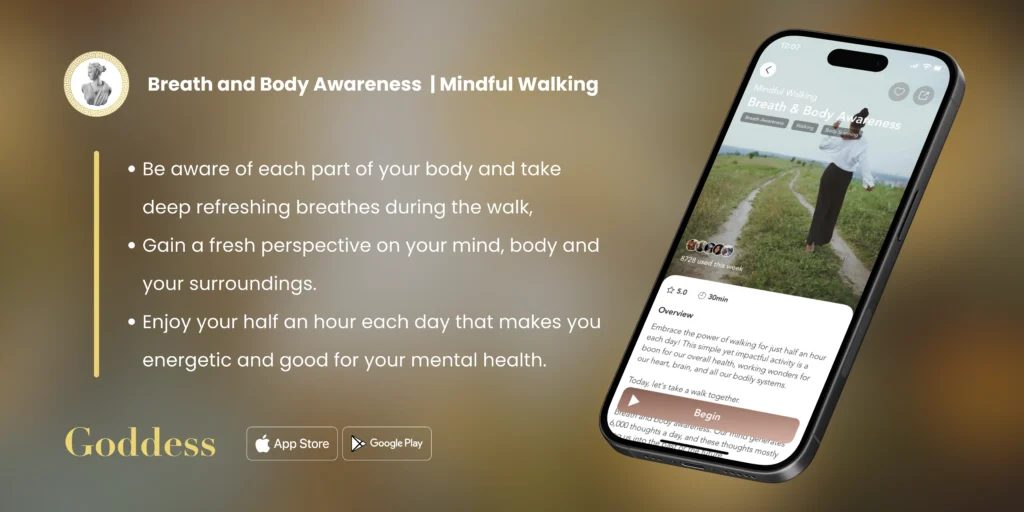
Mindfulness and meditation are powerful tools for cultivating self-awareness and self-acceptance. By practicing mindfulness, you can learn to observe your thoughts and feelings without judgment, which can help reduce negative self-talk and boost self-esteem.
Goddess has numerous meditation and mindfulness practices about self esteem, self love, manifestation and so on. It takes mindfulness to the next level and include “Mindful Walking” for an easy adaptation of mindfulness into day-to-day activities.
Mindfulness Practices to Try:
- Mindful Breathing: Spend a few minutes each day focusing on your breath. Notice the sensations of each inhale and exhale. This practice can help ground you in the present moment and reduce stress.
- Body Scan Meditation: This practice involves mentally scanning your body from head to toe, noticing any areas of tension or discomfort. It can help you connect with your body and promote relaxation.
- Mindful Journaling: Write down your thoughts and feelings without judgment. This practice can help you become more aware of your inner dialogue and identify patterns that may be impacting your self-esteem.
- Mindful Walking: Do Goddess’ “Mindful Walking” exercise and notice your everyday surroundings with fresh outlook. That will allow you get out of your comfort zone easily, more calm and creative.
7. Engage in Physical Activity
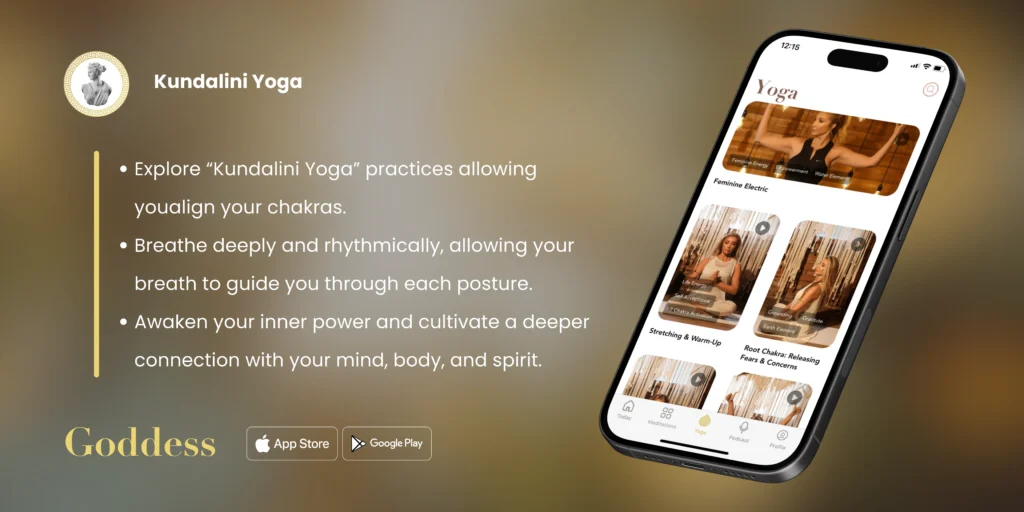
Physical activity has numerous benefits for mental health, including boosting self-esteem. Exercise releases endorphins, the body’s “feel-good” hormones, which can improve mood and enhance self-confidence.
Ideas for Physical Activities:
- Find an Activity You Enjoy: Whether it’s yoga, dancing, hiking, or swimming, find an activity that you enjoy and can do regularly.
- Set Achievable Fitness Goals: Start with small, realistic goals and gradually increase the intensity or duration as you build confidence.
- Exercise with a Friend: Working out with a friend can provide motivation, accountability, and make exercise more enjoyable.
8. Learn Something New
Learning new skills or knowledge can significantly boost your self-esteem. It not only enhances your competence but also expands your sense of what you’re capable of achieving.
Ways to Learn New Things:
- Take a Class or Workshop: Whether it’s cooking, painting, coding, or public speaking, take a class in something that interests you.
- Read Books or Listen to Podcasts: Explore topics that intrigue you and broaden your horizons.
- Challenge Yourself: Try something that takes you out of your comfort zone. The sense of accomplishment from learning something new can greatly enhance self-esteem.

9. Take Care of Your Appearance
Taking care of your appearance is not about vanity; it’s about self-care. When you feel good about how you look, it can positively impact your self-esteem.
Simple Ways to Care for Your Appearance:
- Develop a Self-Care Routine: Incorporate daily habits like skincare, grooming, and dressing in clothes that make you feel confident.
- Practice Good Hygiene: Regular bathing, brushing your teeth, and maintaining good hygiene can make a big difference in how you feel about yourself.
- Wear Clothes that Make You Feel Good: Choose outfits that fit well and reflect your personal style. Feeling comfortable and confident in your clothing can boost self-esteem.
10. Seek Professional Support When Needed
Sometimes, low self-esteem can be deeply rooted in past experiences or trauma. If you find it challenging to improve your self-esteem on your own, seeking professional support can be incredibly beneficial.
When to Seek Professional Help:
- Persistent Negative Self-Perception: If you find it difficult to change negative thoughts about yourself despite trying self-help strategies.
- Mental Health Concerns: If low self-esteem is accompanied by symptoms of depression, anxiety, or other mental health issues.
- Trauma or Abuse: If your low self-esteem stems from past trauma or abuse, professional counseling can provide a safe space for healing.
Benefits of Therapy:
- Cognitive Behavioral Therapy (CBT): CBT is effective in helping individuals challenge and change negative thought patterns.
- Support Groups: Joining a support group can provide a sense of community and shared experience, which can be very uplifting.
- Personalized Strategies: A therapist can work with you to develop personalized strategies for building self-esteem.
- Self-Healing: You are deeply very wise and your inner self is waiting to be heard. Self-healing is such an important approach that’s supporting your wellbeing. Your self-paced and regular practices can help you so much with a great mentor. Goddess app is here to your beloved, trusted guide in your self-healing journey.

Conclusion of 10 Things to Boost Your Self-Esteem
Boosting self-esteem is a journey, not a destination. It requires patience, persistence, and a willingness to be kind to yourself. Remember, self-esteem isn’t about perfection; it’s about embracing who you are, flaws and all, and recognizing your inherent worth.
By implementing these 10 strategies, you can take meaningful steps toward boosting your self-esteem and improving your overall well-being. Start small, be consistent, and celebrate your progress along the way.
Remember: You are worthy, capable, and deserving of love and respect. Don’t let anyone, including yourself, make you believe otherwise.
We hope these tips help you on your journey to higher self-esteem. If you found this article helpful, please share it with friends or on social media to spread positivity and encouragement. And don’t forget to subscribe to our blog for more insights and tips on personal development and well-being!
By taking these steps and making small, positive changes in your life, you can significantly improve your self-esteem and overall quality of life. You’ve got this!
Read more about:
